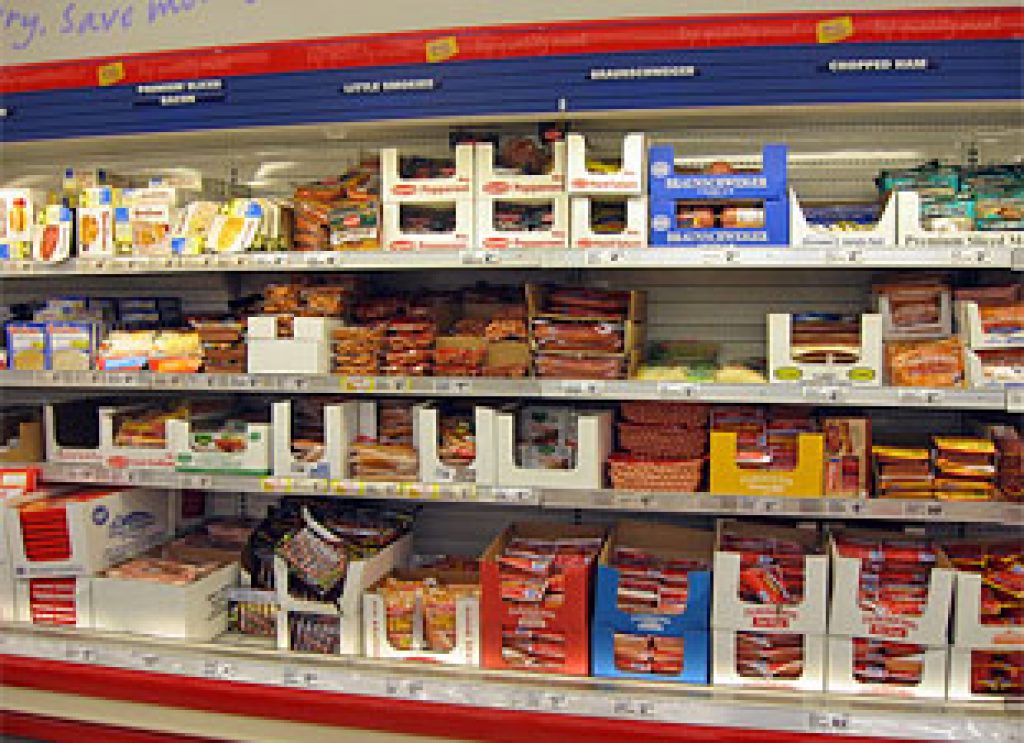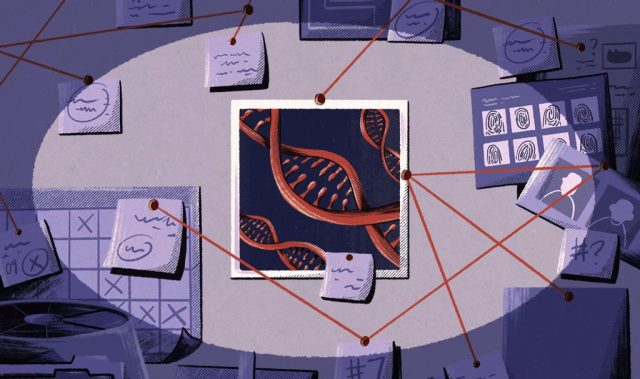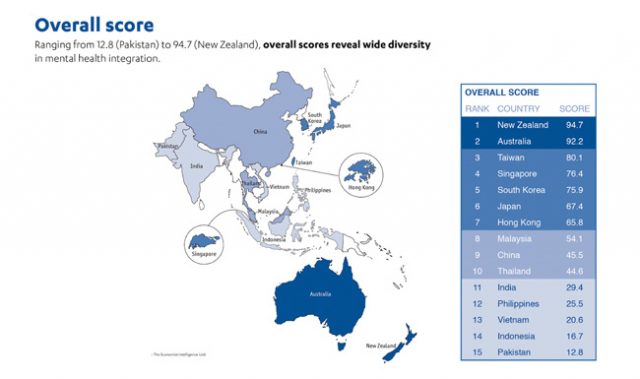
AsianScientist (Feb. 28, 2013) – In mid-January, news first broke that horse DNA had been discovered in beef products in the UK. Six weeks on, the rapidly expanding scandal shows no sign of slowing. Cases have sprouted up all over Europe within the first month and are rapidly spreading around the globe. Horse is not the only unexpected ingredient to have been found in meat products; sausages and burgers in South Africa have now tested positive for donkey, water buffalo, and goat DNA.
Ikea, the furniture giant and purveyor of iconic Swedish meatballs, has become the latest merchant to recall food products because of horse meat contamination. Horse DNA was found in its meatballs in the Czech Republic and at the time of writing, Ikea has pulled meatballs of shelves in Hong Kong, Singapore, and Thailand, bringing the scandal to Asia’s doorstep. Indeed, it is a testament to globalization that the horse meat scandal has spread worldwide so quickly.
Affected food products have mostly been frozen processed items such as lasagna and burgers, and typically of the budget variety. The percentage of horse DNA in these products has varied from trace amounts to a full 100 percent. Horse meat, while uncommon, is in fact enjoyed by epicureans in many parts of the world, who prize equine cuts as lean and delicious. However, the problem with finding horse meat in beef products is not so much about the meat itself, but about the deliberate act of mislabeling.
Consequences of mislabeling food
For a start, there is the opportunity for making bigger profits because horse meat, in general, is about 40 percent cheaper than beef. Deceiving consumers about the contents of food is a crime that should be punished accordingly. Horse meat is also considered a taboo food in certain cultures, such as in the UK, where horses are commonly kept as pets.
Even worse are reports emerging that certain beef products have been found to contain pork DNA, which is repulsive news to any Muslim or Jew, whose religion forbids the consumption of pork. Many Asian countries have sizable Muslim populations and would be wise to introduce thorough food testing, if they have not already done so.
Some producers have been quick to defend themselves by pointing the blame at meat distributors, who are the middlemen between abattoirs and the food producers. Somewhere along the mind-bogglingly complex supply chain in Europe, horse meat was deliberately mislabeled as beef, and the perpetrators of this deception remain to be discovered.
Of greater public health concern is the possibility that the horse meat might have been contaminated with ‘bute’, or phenylbutanone, an anti-inflammatory drug given to horses. It was reported six horse carcasses contaminated with ‘bute’ from Britain had entered the food chain in France, although scientists believe the level of the drug would have been too low to be harmful to human health.
While the horse meat scandal has yet to pose a serious public health risk, the situation was quite different a few short years ago in China. In 2008, China was rocked by the discovery of powdered milk tainted with melamine, a component of plastic.
Melamine had been added to the milk powder to boost the apparent protein content, a blatant attempt at deceiving consumers for financial gain. More than 300,000 babies were reported to have fallen ill, 54,000 had to be hospitalized, and six babies eventually died from kidney damage.
The mislabeling of horse meat and the finding of other types of meat including donkey and pork where there should be none, is a crisis of confidence in the food industry on an unprecedented scale. If food producers have been hiding the true contents of their offerings, what other undesirables could we find once we start looking?
Provenance and traceability
The horse meat scandal has opened up a debate on the importance of provenance and traceability of the food we choose to put in our bodies. Indeed, the extent of the meat mislabeling appears to be related to the intricate web of food supply chains between farm and dinner table. Increasing globalization means that products find their way onto supermarket shelves in every corner of the globe, ensuring that when a food safety issue surfaces, it quickly snowballs into a worldwide problem.
Consumers are partly to blame for the rise of the processed food and ready meal industry by their choosing of these options. The expanding middle class want meat to be easily available, cheap, and good. They may also prefer not to think too much about where the meat came from.
The economic crisis has not helped the situation by forcing more families to opt for the budget range of supermarket offerings to stretch limited household grocery allowances. After all, why pay premium prices for a gourmet fresh beef steak burger when you could get a pack of frozen patties for a small fraction of the price?
Technological advances have allowed maximum efficiencies in mechanical meat extraction and given us products such as desinewed meat and pink slime. These are extracted from carcasses from which prime cuts have been removed, and are heavily flavored to make them taste better than they sound. Used as additives to ground meat and fillers in meat products, these unappetizing-sounding components are invaluable to maximizing profits for food producers.
With processed meat products containing dozens of ingredients from a variety of sources, it is not difficult to see how ground horse meat that looks very much like beef could make its way into hundreds of products without detection. Unfortunately, the race to the bottom in terms of prices and nutrition leaves us all the poorer.
In response to the increasingly processed nature of our daily bread, some shoppers have been turning their backs on faceless supermarkets and spending their grocery budget instead on small-scale businesses. In the West, farmers markets have been growing in popularity in recent years, boosted by increased consumer interest in buying locally grown farm-fresh produce from farmers they can talk to. Since the horse meat scandal first broke, traditional butchers in the UK have seen a rise in sales, sometimes by up to a whopping 30 percent. Whether or not this trend continues is another matter.
While the horse meat scandal appears for the moment to be mainly a crisis in the West, there are lessons for us in Asia to learn. After all, it might not be long before food testing in Asia digs up dirt in our own backyards.
Perhaps it is time to consider more carefully where our food comes from and how it is farmed and processed. Just as we all had a part to play in creating a global food industry that has grown so opaque, we can start to reverse this trend by asking more questions and demanding more information about the food we put on the dinner table.
——
Copyright: Asian Scientist Magazine; Photo: presleyfan/Flickr/CC.
Disclaimer: This article does not necessarily reflect the views of AsianScientist or its staff.












